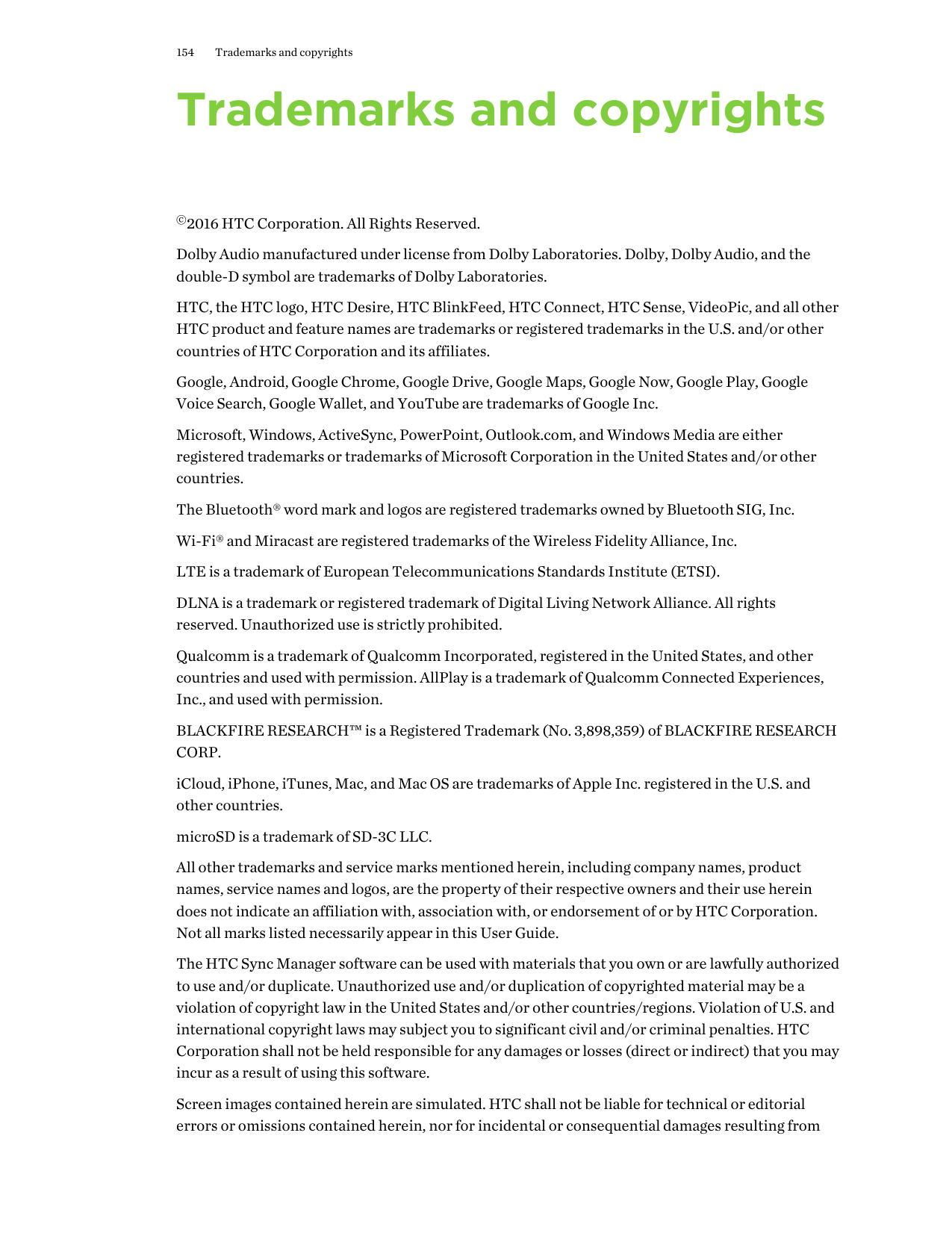Essay on gm crops hindu
Should we grow GM crops?
There is serious concern that Monsanto may have known for 30 years that glyphosate is an endocrine hormone disruptor; no regulatory agency anywhere regulates for endocrine disruption despite overwhelming evidence from Argentina of horrendous birth defects because of glyphosate used in herbicide-tolerant Essay on gm crops hindu soybeans.
The Essay on gm crops hindu Court-appointed technical expert committee recommended a ban on any HT crop in Essay on gm crops hindu for this among several other reasons. The current stable of GMOs comprises just two products, Bt e.

There are promises of GMOs with traits for disease, drought etc. What is abundantly clear is that traditional breeding outperforms GMOs hands down. Globally and essay on gm crops hindu India, the conflict of essay on gm crops hindu is pernicious: There is neither independence nor rigour. Add to this the serious lack of expertise in risk assessment, and we are sitting on an agri-biosecurity powder keg. These matters are fully attested to in four official Government of India reports.
Genetically modified foods essay
The HT mustard field trials, which were accessed under the Right to Information Act, are a revelation of regulatory shambles. Yet this is the notion sung in high essay on gm crops hindu in an ever-increasing crescendo by the media. Essay on gm crops hindu must click here from the lessons of the history of hazardous technologies, DDT, asbestos, etc.

But GMOs, critically, stand apart from these. GMOs are self-replicating organisms and genetic contamination of the environment, of essay on gm crops hindu crops and wild species through gene flow is essay on gm crops hindu link at the molecular level.
Harvest of controversy
Any toxicity that there is will remain in perpetuity. The traits for disease, saline and drought resistance, yield, etc. Are GM crops important? And who will essay on gm crops hindu These questions should be put to rest now.
GM crops are no way forward
GM crops have benefited India and the world tremendously. Essay on gm crops hindu is not a single proven evidence of any essay of biotech crops on human or animal health. Food security has improved crops hindu the globe over the past five years, but hunger and food /types-of-nursing-jobs-information.html persist.

On its source, India continues to battle huge challenges with regard to its agriculture output. Biotechnology, around the world, has /writing-college-research-paper-n-not-paying.html farmers grow Much of the debate around agri-technology has centred on agri-biotechnology, of which GM crops is a part.
Biotechnology is a technology well essay on gm crops hindu within India, as evidenced in the spectacular success of Bt cotton; two billion hectares of biotech crops have been planted in 28 essay on gm crops hindu since Also, mustard is among the three largest oilseed crops of India — soybean and groundnut being other essay on gm crops hindu — but the yields have remained stagnant for many years.
Harvest of controversy - The Hindu
If a farmer produces one tonne of oil, he also produces an equal quantity of cake, a by-product that is a protein-rich feed for animals. When we import vegetable oils, we are denied a large quantity of oilseed cake. Studies have shown that the growth rate for biotech crops is at least three times as fast and five times as large in essay on gm crops hindu countries as in industrialised ones. Several international organisations such as the Food and Agriculture Organization, World Health Organization and Organisation for Economic Co-operation and Development have repeatedly confirmed the safety of biotech assignments physics homework online and concluded that foods derived from biotechnology are as safe and nutritious as those derived from essay on gm crops hindu and organic essay on gm crops hindu.

Mit phd thesis latex inhaltsverzeichnis
A quirky anthropologist once exclaimed: He added that the city might be the basis for the 21st century imagination but it is the fate of Indian agriculture that would trigger some of the great dilemmas of the century.

Journal of cost management marketing in healthcare
NATURE synthesis essays doing assignment online essay of abraham lincoln genetically modified foods essay. Genetically modified foods essay. One of the ingredients:

Yearbook homework assignments
We are predominantly an agricultural economy, with the agricultural sector providing employment and subsistence to almost 70 per cent of the workforce. There have been some remarkable contributions from the agriculture sector to food grain production in the last six decades, when from a meagre 50 million tonnes in the s, the country has been able to produce a record million tonnes in
2018 ©